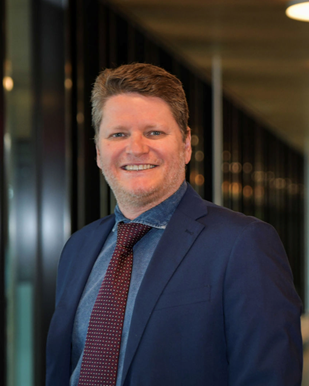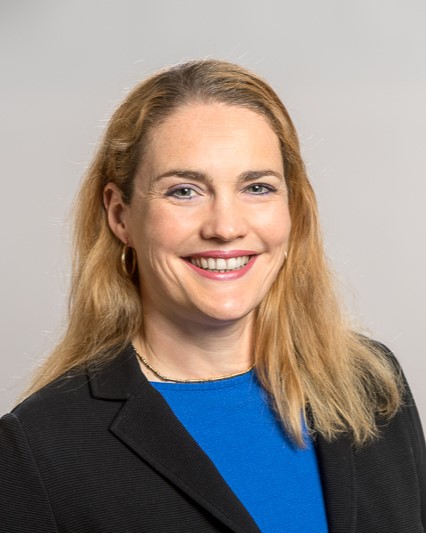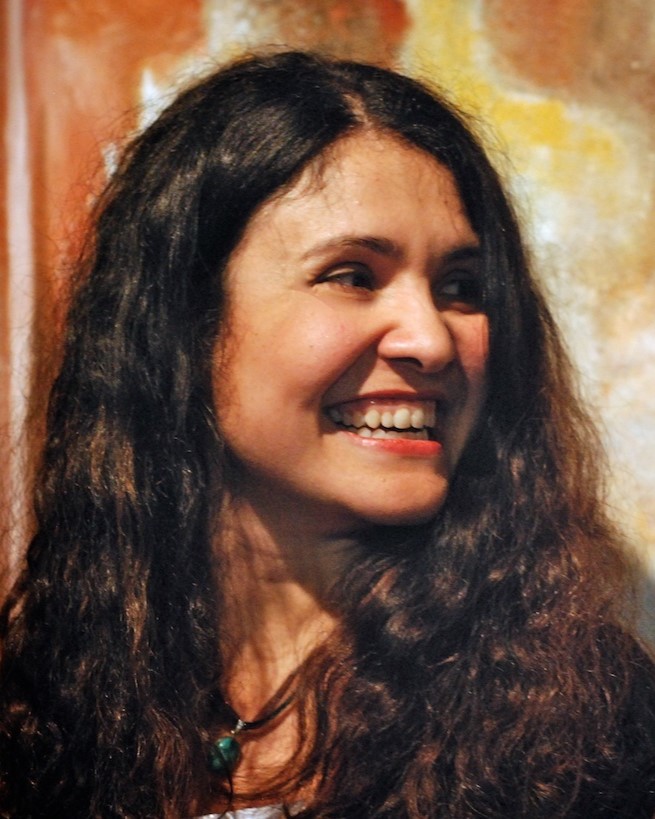Keynotes
You can find video recordings of all keynotes at tele-Task.
Giancarlo Guizzardi

Semantic Models for Trustworthy Systems: A Hybrid Intelligence Augmentation Program
Cyber-human systems are formed by the coordinated interaction of human and computational components. In this talk, I will argue that these systems can only be designed as trustworthy systems if the interoperation between their components is meaning preserving. For that, we need to take the challenge of semantic interoperability between these components very seriously. I will discuss a notion of trustworthy semantic models and defend its essential role in addressing this challenge. Finally, I will advocate that engineering and evolving these semantic models as well as the languages in which they are produced require a hybrid intelligence augmentation program resting on a combination of techniques including formal ontology, logical representation and reasoning, crowd-sourced validation, and automated approaches to mining and learning.
Short Bio
Giancarlo Guizzardi is a Full Professor of Software Science and Evolution as well as Chair and Department Head of Semantics, Cybersecurity & Services (SCS) at the University of Twente, The Netherlands. He is also an Affiliated/Guest Professor at the Department of Computer and Systems Sciences (DSV) at Stockholm University, in Sweden. He has been active for nearly three decades in the areas of Formal and Applied Ontology, Conceptual Modelling, Business Informatics, and Information Systems Engineering, working with a multi-disciplinary approach in Computer Science that aggregates results from Philosophy, Cognitive Science, Logics and Linguistics. Over the years, he has delivered keynote speeches in several key international conferences in these fields (e.g., ER, CAiSE, BPM). He is currently an associate editor of a number of journals including Applied Ontology and Data & Knowledge Engineering, a co-editor of the Lecture Notes in Business Information Processing series, and a member of several international journal editorial boards. He is also a member of the Steering Committees of ER, EDOC, and IEEE CBI, and of the Advisory Board of the International Association for Ontology and its Applications (IAOA). Finally, he is an ER Fellow”.
Stefanie Rinderle-Ma

Model-driven Design and Automation of Process Orchestrations in Manufacturing
Manufacturing is a domain that spans a broad range of process orchestration scenarios with different requirements regarding the degree of automation and human involvement. Moreover, context is provided in manufacturing orchestrations by a rich set of sensor streams that (externally) influence the process execution and outcome. In this keynote, the model-driven design and automation of different real-world manufacturing scenarios is presented. We explain the arising challenges and how they can be met by existing process technologies. Future research directions and opportunities, in particular, the interplay of process automation and process mining conclude the keynote.
Short Bio
Stefanie Rinderle-Ma is a full professor at the Technical University of Munich, Germany, and holds the Chair of Information Systems and Business Process Management. Her research interests focus on process-oriented information systems, flexible and distributed process technologies, compliance management, as well as production and process intelligence. The overarching goal of her research is to enable and accelerate digitalization and automation through processes and at the same time keep the human in the loop. Application areas comprise manufacturing, transportation and logistics, as well as medicine.
Nelly Bencomo

Models for Human-Machine Teaming for Shared Decision-Making under Uncertainty
There is growing uncertainty about the runtime environment of software systems. Therefore, how the system should behave under different contexts cannot be fully predicted at design time. It is considerations such as these that have led to the development of self-adaptive systems (SAS), which can dynamically and autonomously reconfigure their behaviour to respond to changing external conditions. The use of Machine Learning (ML) and AI has exacerbated the issues by adding more uncertainty sources. The scope of the talk is in the areas of Model-driven Engineering (MDE), Requirements Engineering (RE), software engineering (SE), and the development of techniques to quantify uncertainty to improve decision-making. The explicit treatment of uncertainty by the running system improves its judgment to make decisions supported by evaluating evidence found during runtime, possibly including the human-in-the-loop. The speaker will discuss how quantification of uncertainty can improve requirement elicitation (using simulations, for example). The talk will also cover different approaches to quantifying uncertainty, models@run.time and their role in Human-Machine Teaming.
Short Bio
Nelly Bencomo is an Associate Professor in the CS Department at Durham University and leader of the Research Team SE@Durham. In 2019, Nelly was granted the Leverhulme Fellowship “QuantUn: quantification of uncertainty using Bayesian surprises.” Before, she was granted a Marie Curie Fellow at INRIA Paris - Roquencourt. The Marie Curie project is called Requirements-aware Systems (nickname: Requirements@run.time). Nelly exploits the interdisciplinary aspects of model-driven engineering (MDE), software engineering, comprising both technical and human concerns, while developing techniques for intelligent, autonomous and highly distributed systems. With other colleagues, she coined the research topic models@run.time. Her research informs the design of systems that involve communities of people and technology (https://aihs.webspace.durham.ac.uk/socio-technical-systems/). Since September 2020, she has been the PI of the EPSRC Twenty20Insight research project. Twenty20Insight is an interdisciplinary project bringing together academic experts in Software Engineering (SE), RE, Design Thinking and ML to help system stakeholders and developers understand and reason about the impact of intelligent systems on the world in which they operate. Twenty20Insight actively supports the explainability of the exposed behaviour by the running system.
Nelly has actively participated in different European Projects and the EPSRC in the UK in the area of self-adaptive and autonomous systems. She was the program chair of the 9th International Symposium on Software Engineering for Adaptive and Self-Managing Systems (SEAMS) in 2014 and co-program chair of the 12th IEEE International Conference on Self-Adaptive and Self-Organizing Systems (SASO) in 2018 and the ACM/IEEE 25th International Conference on Model Driven Engineering Languages and Systems MODELS’22. Nelly is an Associate Editor of IEEE Transactions on Software Engineering (TSE) and a member of the Editorial Board of the Journal of Software and Systems. She is also a member of the IEEE TCSE (Technical Council on Software Engineering) members-at-large (2020-24) and a member of the Steering Committee of MODELS. She has served as a PC member and organizing team member of multiple SE-related Conferences (e.g., ICSE, ASE, MODELS, RE, REFSQ, ICSA).
Website: www.nellybencomo.me